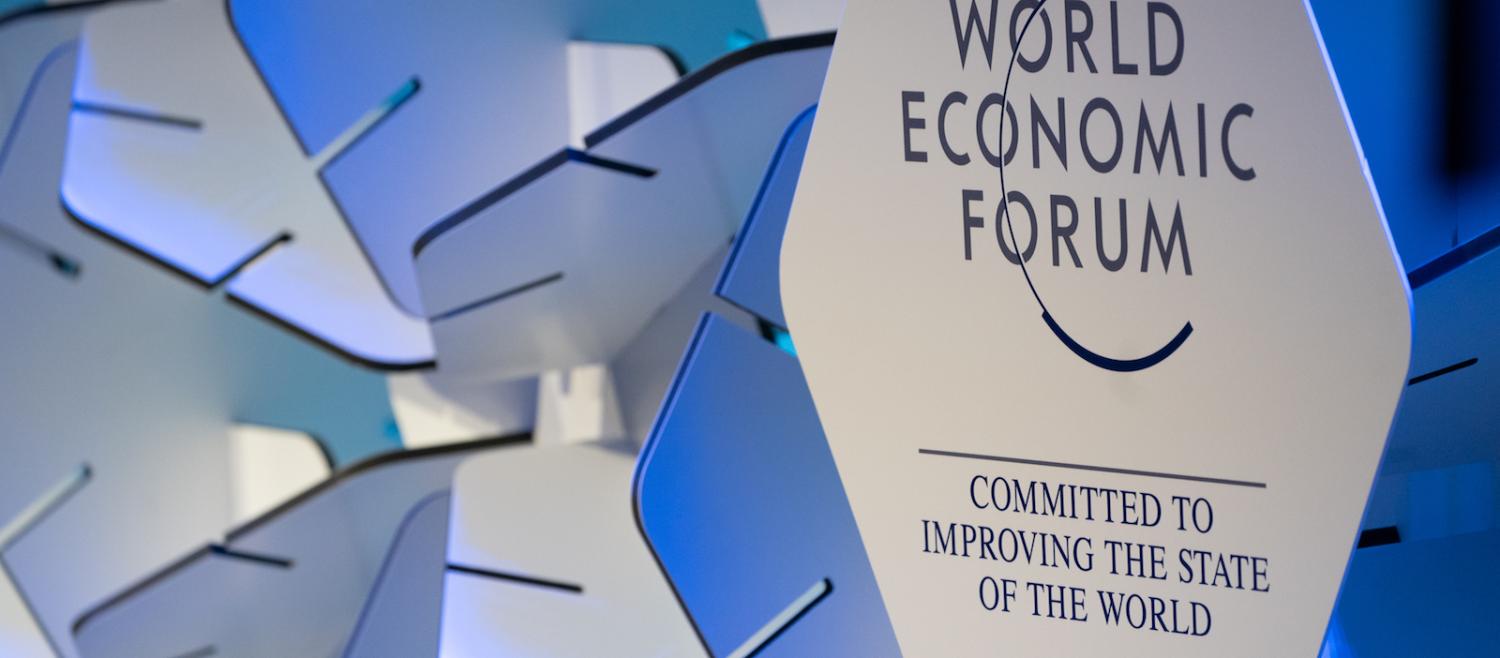Speaking at the 2019 World Economic Forum in Davos, the Lowy Institute’s Herve Lemahieu was asked what might happen to the distribution of power as we move from an open and consensual world order to one that is more defined by competition and zero-sum politics, certainly between the two largest players – the United States and China.
How will the balance of power in Asia – and perhaps globally – recalibrate under different cold and hot war scenarios? Which countries stand to lose most under these new terms? And how can major and middle powers prepare today for the uncertainties of tomorrow?
Taking a data-driven approach, Lowy’s Asia Power Index models the outcomes of these different scenarios by adjusting the relative importance of the 114 different indicators it measures.
Here’s a rundown of Herve’s key observations when we ran these scenarios:
- Under most plausible scenarios, short of war, the US will not be able to halt the narrowing power differential between itself and China.
There is only so much that the US can, or should, attempt to do to prevent China’s emergence as a potential peer. Our models show that disentangling American companies and their technologies from China’s supply chains would have a limited impact on China’s overall growth trajectory. The US can slow but not reverse China’s ascendancy. The US will need to find a way to live with China by playing to its own strengths as a multilateral player – maximising relationships with allies that share its security concerns about China.
- Globalisation will still involve the US and China, but perhaps not the two together.
There are aggravating consequences – economic and military – of attempting a new unilateral strategy of containment through zero-sum politics. The danger is a more hazardous variant of globalisation, dominated by spheres of economic influence.
- Under such circumstances, middle powers will play a crucial role in the gridlock between the world’s two largest economies.
The US will be hard pressed to find regional friends willing to join it in decoupling from China. We will not see the hard and fixed blocs that defined the last cold war. Instead, middle powers will have to work much harder to salvage their comparative advantages through plurilateral arrangements. Bide your time for a multipolar world in which partnerships paradoxically become more, not less, valuable.

